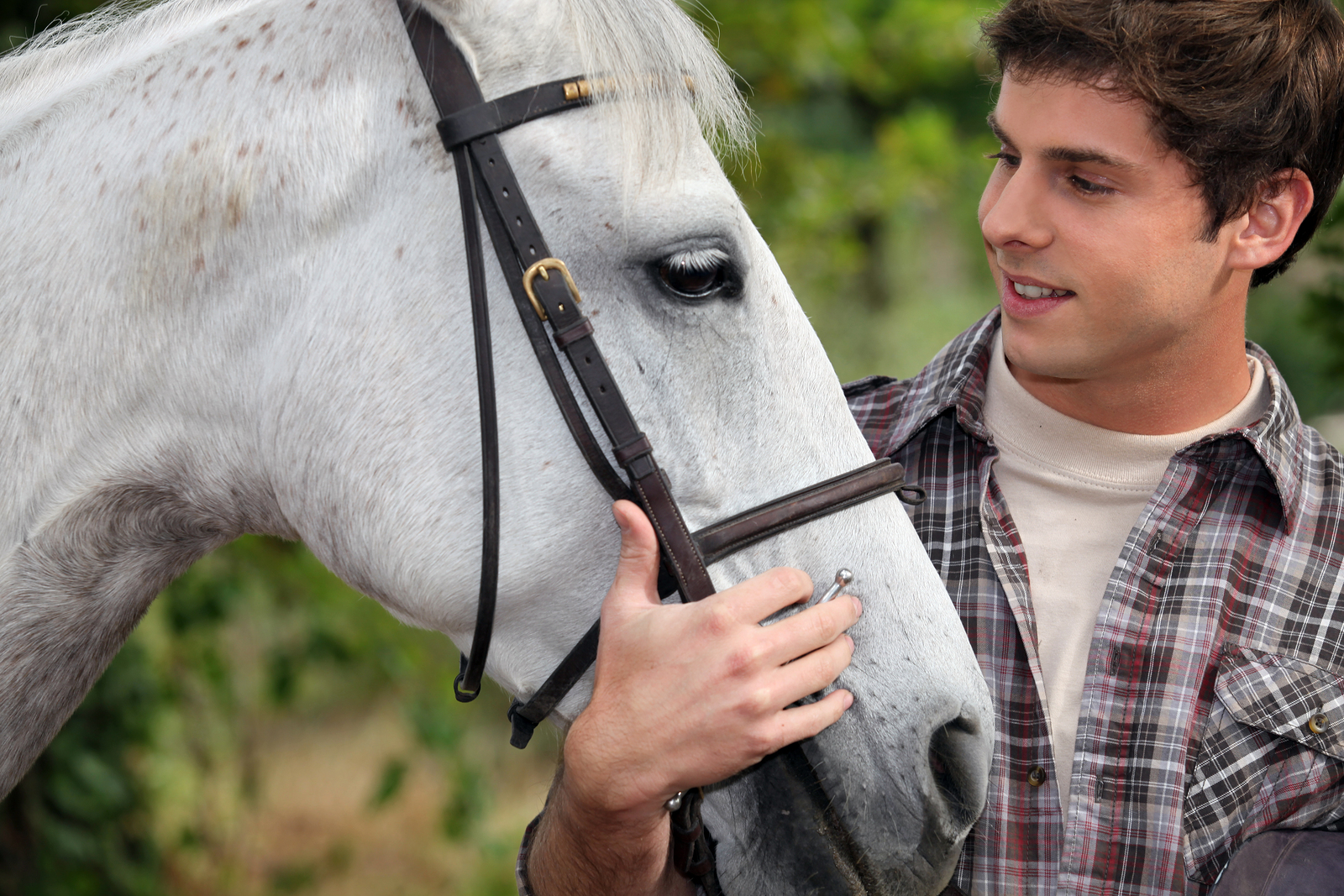If you have a troubled teen, remember that you have options. There are a variety of programs tailored to meet your son’s specific needs and help him to get happier, healthier and back on track.
Three of the most common treatment programs for teens are behavior modification, equine therapy and specialized therapy. Although each has a different approach, they all have proven successful at helping troubled teens. Here is more information about each type of treatment program:
1. Behavior modification
Behavior modification is a process that replaces your teen’s negative behaviors with positive ones. This is done through rewarding and reinforcing positive behaviors while simultaneously discouraging negative behaviors. As teens begin to associate positive actions with rewards and negative actions with consequences, they choose positive behaviors more and more often until the negative behaviors are no longer habitual.
Liahona Academy uses behavior modification to correct substance abuse, defiance, depression and other problems that are common in troubled teen boys. The programs are founded on the idea that the boys know what is expected of them and are held accountable for their choices.
Read more to see if behavior modification is necessary for your teen.
2. Specialized therapy
Rather than focusing on behaviors like behavior modification programs do, therapeutic approaches typically focus on the factors that cause those behaviors. Specialized therapy programs address teens’ feelings, relationships and life skills, as well as deeper challenges like anxiety, substance abuse or trauma.
Therapy programs like those offered at Sundance Canyon will give your son the practical guidance and skills he needs to face challenges and solve problems. This includes areas like teamwork, communication, self-esteem, accountability and responsibility.
3. Equine Therapy
Equine therapy first gained popularity as a treatment for the physically disabled, however it has also been proven to help correct emotional or behavioral problems. The programs typically include training and riding the horses, participating in cattle roundups or similar group efforts, and completing the chores required to care for the horses.
When you’re ready to choose a program for your son, make sure you know which questions to ask. This will help you to be confident that your choice will be best for not just your son, but your whole family.











0 Comments